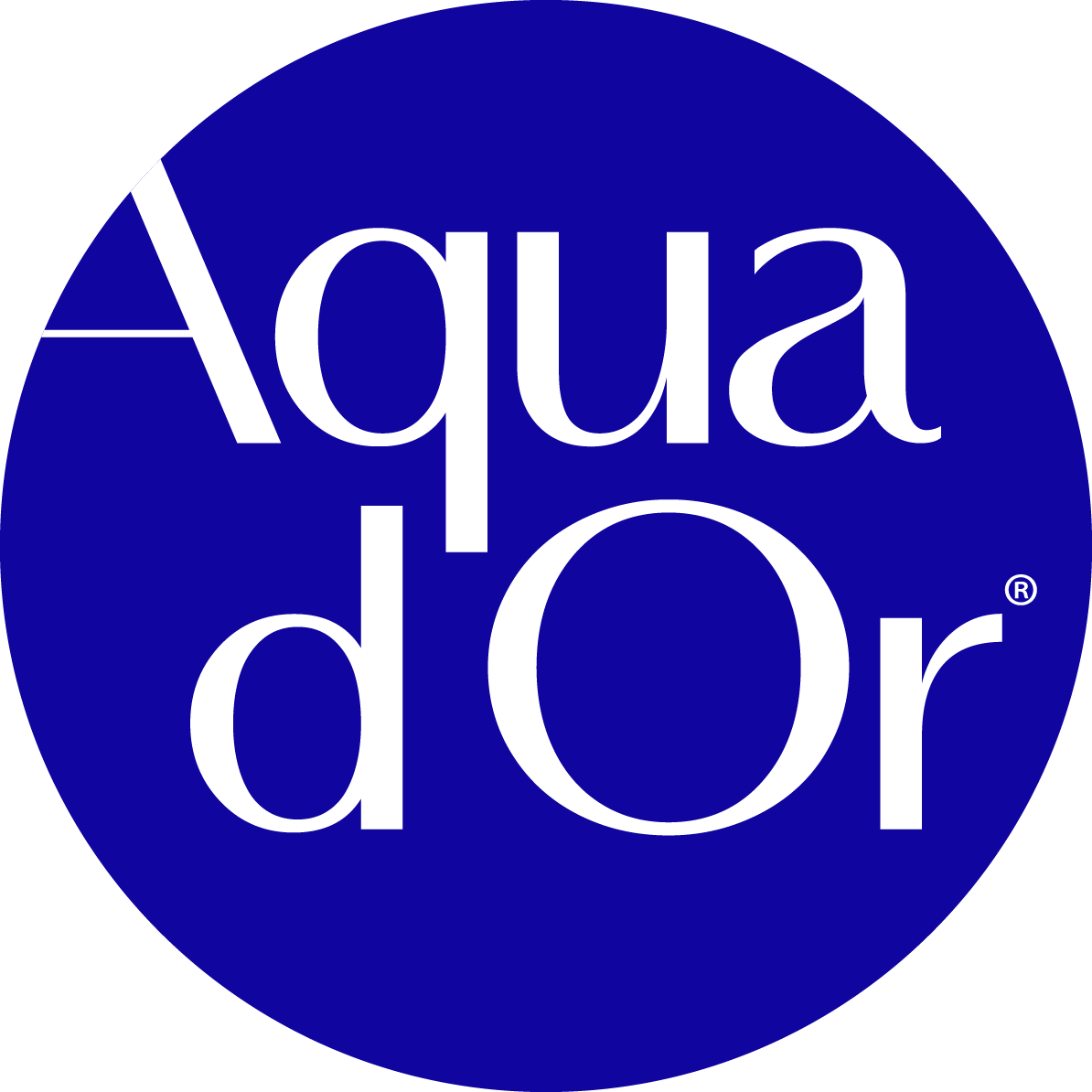

Aqua d'Or Mineral Water A/S

North Denmark Region, Denmark
July 2024
Beverages
Manufacturing
Denmark,
Norway,
Sweden
We let nature create the harmony in our natural mineral water, as it has been gently and naturally filtered by nature during its 300-year journey to the Aqua d’Or source. Our source can be traced back to the last ice age over 10,000 years ago. Here, large glaciers carved through the Danish land, melting into perfectly pure drinking water. Our mission is to lead the beverage category with deep respect for our water and its origin, by offering a wide range of quality products, responsibly produced. Therefore, all our Aqua d’Or branded bottles are made from recycled plastic, with up to 100% reused content. We aim to be consumers’ preferred alternative to traditional sugary soft drinks, and our product portfolio includes a wide range of quality products that are low in calories. Aqua d’Or Mineral Water A/S was founded in 1987 and has been 100% owned by the Danone Group, one of the world’s leading food companies, since 2015. Aqua d’Or is one of the largest producers of natural mineral water in Denmark, employing between 75–90 employees at our factory in Fasterholt, depending on the season.
Overall B Impact Score
Governance 16.9
Governance evaluates a company's overall mission, engagement around its social/environmental impact, ethics, and transparency. This section also evaluates the ability of a company to protect their mission and formally consider stakeholders in decision making through their corporate structure (e.g. benefit corporation) or corporate governing documents.
What is this? A company with an Impact Business Model is intentionally designed to create a specific positive outcome for one of its stakeholders - such as workers, community, environment, or customers.
Workers 28.2
Workers evaluates a company’s contributions to its employees’ financial security, health & safety, wellness, career development, and engagement & satisfaction. In addition, this section recognizes business models designed to benefit workers, such as companies that are at least 40% owned by non-executive employees and those that have workforce development programs to support individuals with barriers to employment.
Community 15.2
Community evaluates a company’s engagement with and impact on the communities in which it operates, hires from, and sources from. Topics include diversity, equity & inclusion, economic impact, civic engagement, charitable giving, and supply chain management. In addition, this section recognizes business models that are designed to address specific community-oriented problems, such as poverty alleviation through fair trade sourcing or distribution via microenterprises, producer cooperative models, locally focused economic development, and formal charitable giving commitments.
Environment 19.8
Environment evaluates a company’s overall environmental management practices as well as its impact on the air, climate, water, land, and biodiversity. This includes the direct impact of a company’s operations and, when applicable its supply chain and distribution channels. This section also recognizes companies with environmentally innovative production processes and those that sell products or services that have a positive environmental impact. Some examples might include products and services that create renewable energy, reduce consumption or waste, conserve land or wildlife, provide less toxic alternatives to the market, or educate people about environmental problems.
Customers 3.8
Customers evaluates a company’s stewardship of its customers through the quality of its products and services, ethical marketing, data privacy and security, and feedback channels. In addition, this section recognizes products or services that are designed to address a particular social problem for or through its customers, such as health or educational products, arts & media products, serving underserved customers/clients, and services that improve the social impact of other businesses or organizations.